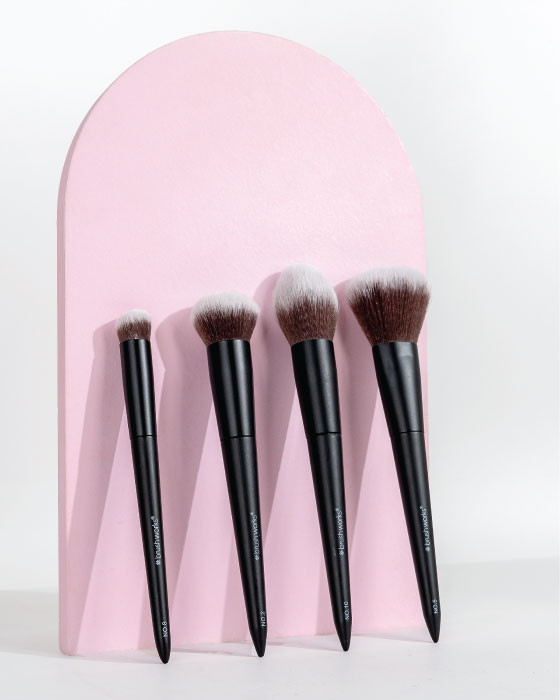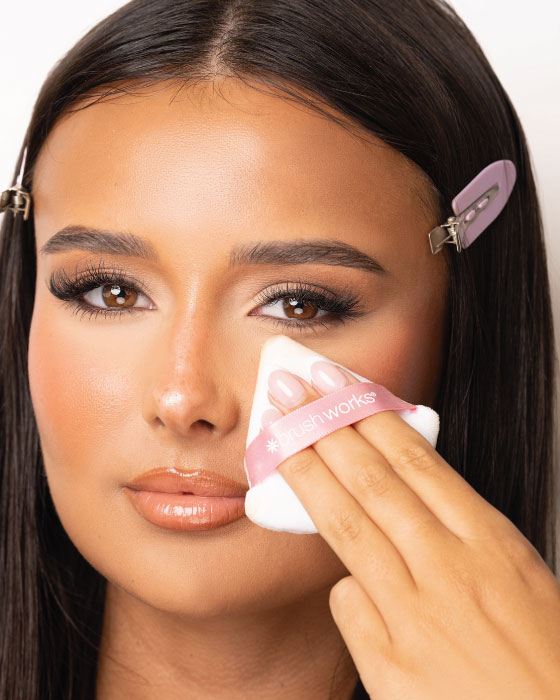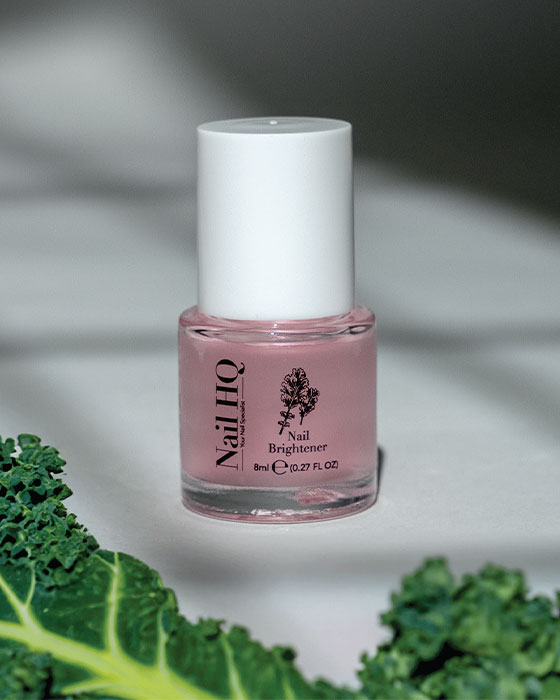The Benefits Of Using Natural Makeup: For Your Skin and The Environment
In this blog, we will explore the benefits of using natural makeup, both for the benefit of the skin and the environment. We will delve into ingredients to avoid, discuss the advantages of natural and organic products, and provide practical tips on transitioning to a eco-conscious lifestyle. Join us as we uncover the transformative power of natural makeup and embrace a cleaner, more sustainable beauty routine.
Help Your Skin & The Environment
Organic ingredients are superior for both the skin and the environment. Grown without synthetic pesticides and fertilisers, they are free from potentially harmful residues that can irritate the skin. Rich in beneficial nutrients and antioxidants, organic ingredients nourish and improve skin health.
Additionally, organic farming methods prioritise resource conservation, reduce pollution, and support sustainable land management, making them a sustainable choice that promotes both healthy skin and a greener planet.
Natural and organic makeup offers a multitude of benefits for both our skin and the environment. Firstly, these products are free from harmful chemicals and synthetic ingredients that can potentially irritate the skin or disrupt our body’s natural balance. Instead, they harness the power of botanical extracts, essential oils, and mineral pigments to enhance our beauty naturally.
Secondly, natural and organic makeup promotes sustainable and eco-friendly practices, using ethically sourced ingredients and eco-conscious packaging. By choosing these products, we not only nourish and protect our skin but also contribute to a greener and more sustainable planet. With their focus on health, sustainability, and ethical standards, natural and organic makeup provides a harmonious blend of beauty and responsibility.
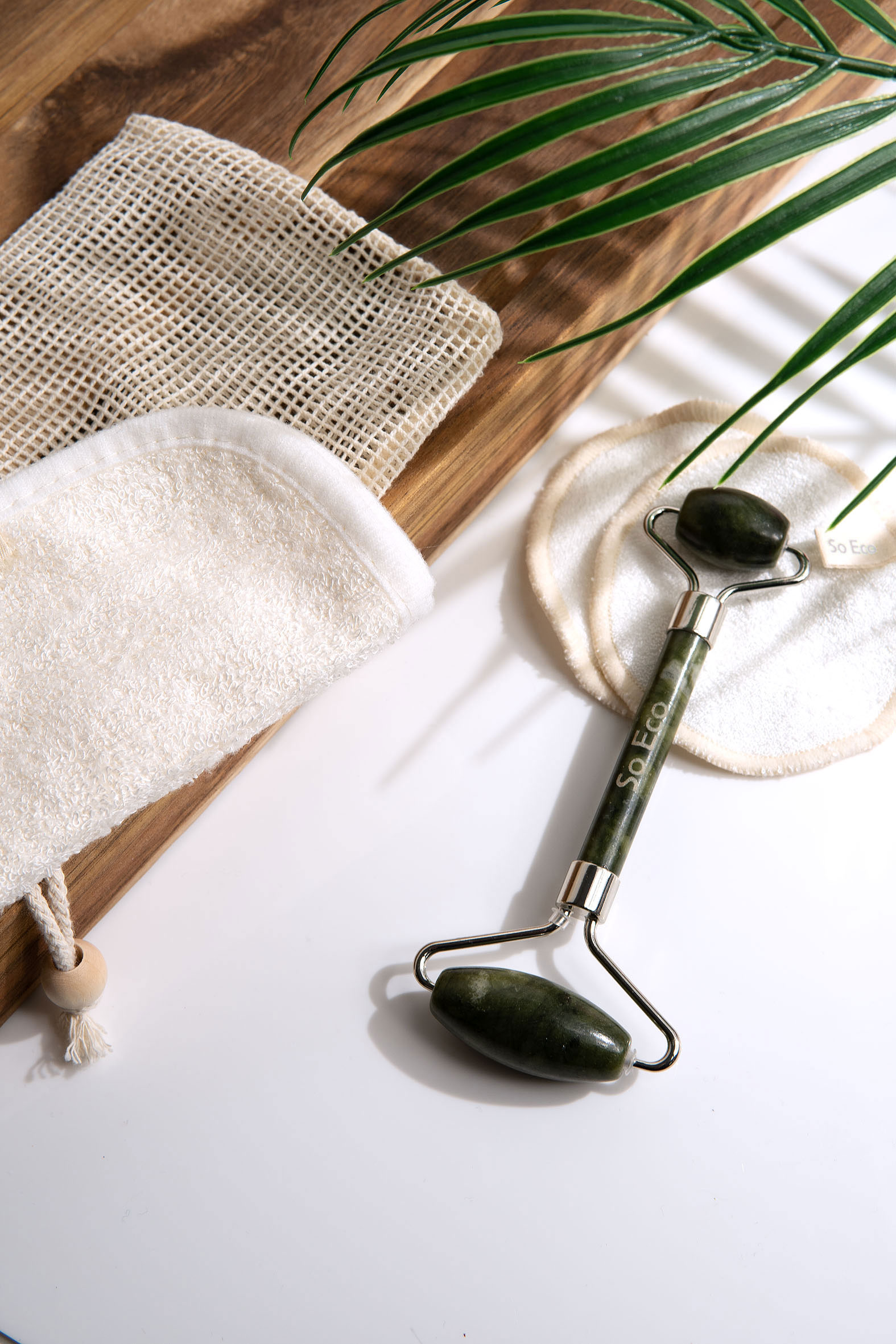
5 Beneficial Ingredients
- Aloe Vera: Known for its soothing and hydrating properties, aloe vera helps to calm irritated skin and provides gentle moisturisation.
- Jojoba Oil: With its similarity to our skin’s natural oils, jojoba oil is a great moisturiser that helps balance and nourish the skin without clogging pores.
- Shea Butter: Rich in vitamins and fatty acids, shea butter deeply moisturises and nourishes the skin, promoting a soft and supple complexion.
- Green Tea Extract: Packed with antioxidants, green tea extract helps protect the skin from environmental damage and has anti-inflammatory properties.
- Rosehip Oil: Abundant in essential fatty acids and vitamins, rosehip oil hydrates, rejuvenates, and improves the overall appearance of the skin.
These ingredients are just a glimpse of the many beneficial options available in natural and organic makeup. When choosing products, look for these ingredients to harness their nourishing and skin-loving properties.
Benefits of Organic Makeup
Organic makeup offers a range of benefits that make it a preferred choice for many. Firstly, it is free from harsh chemicals and synthetic additives that can irritate the skin, making it suitable for sensitive skin types.
Secondly, organic makeup utilises natural and sustainably sourced ingredients, supporting environmentally friendly practices and reducing the impact on ecosystems.
Lastly, organic makeup often contains higher concentrations of nourishing nutrients, vitamins, and antioxidants, providing added skincare benefits while enhancing natural beauty.

How to Recognise a Natural Makeup Brand
- Read the label: Look for key phrases like “organic,” “made with organic ingredients,” or “certified organic” on the product packaging. Brands using organic ingredients usually highlight this aspect to attract conscious consumers.
- Check for certifications: Look for recognised organic certifications on the product label, such as USDA Organic, Ecocert, COSMOS Organic, or Soil Association. These certifications ensure that the brand complies with strict organic standards and guidelines.
- Research the brand: Visit the brand’s website or official social media channels. Reputable organic brands often share their commitment to using organic ingredients and sustainable practices. Look for information on their sourcing, manufacturing processes, and environmental initiatives.
- Verify third-party sources: Read reviews and recommendations from trusted sources or online communities. Seek feedback from users who have experience with the brand’s products and can vouch for their organic claims.
- Look for natural and recognisable ingredients: Organic products typically contain natural ingredients that are easy to identify, like plant extracts, essential oils, and natural preservatives. Avoid products with lengthy ingredient lists full of synthetic chemicals.
Remember that being labelled as “natural” doesn’t necessarily mean a product is organic. It’s essential to verify certifications and ingredient lists to ensure you’re choosing authentic organic products from brands that prioritise sustainability and your well-being.
So Eco Ultimate Brush & Sponge Set
The So Eco Ultimate Brush & Sponge Set is an excellent choice for those switching to a sustainable and organic lifestyle. This thoughtfully curated set includes seven eco-friendly brushes and two sponges, making it a versatile and essential collection for makeup application.
Crafted with environmentally friendly bamboo and synthetic bristles, these brushes are both cruelty-free and responsibly sourced. The set not only offers high-quality tools for flawless makeup application but also aligns with the values of eco-conscious individuals seeking to reduce their environmental impact.
With this set, you can dive into the world of beauty while staying true to your commitment to sustainability!
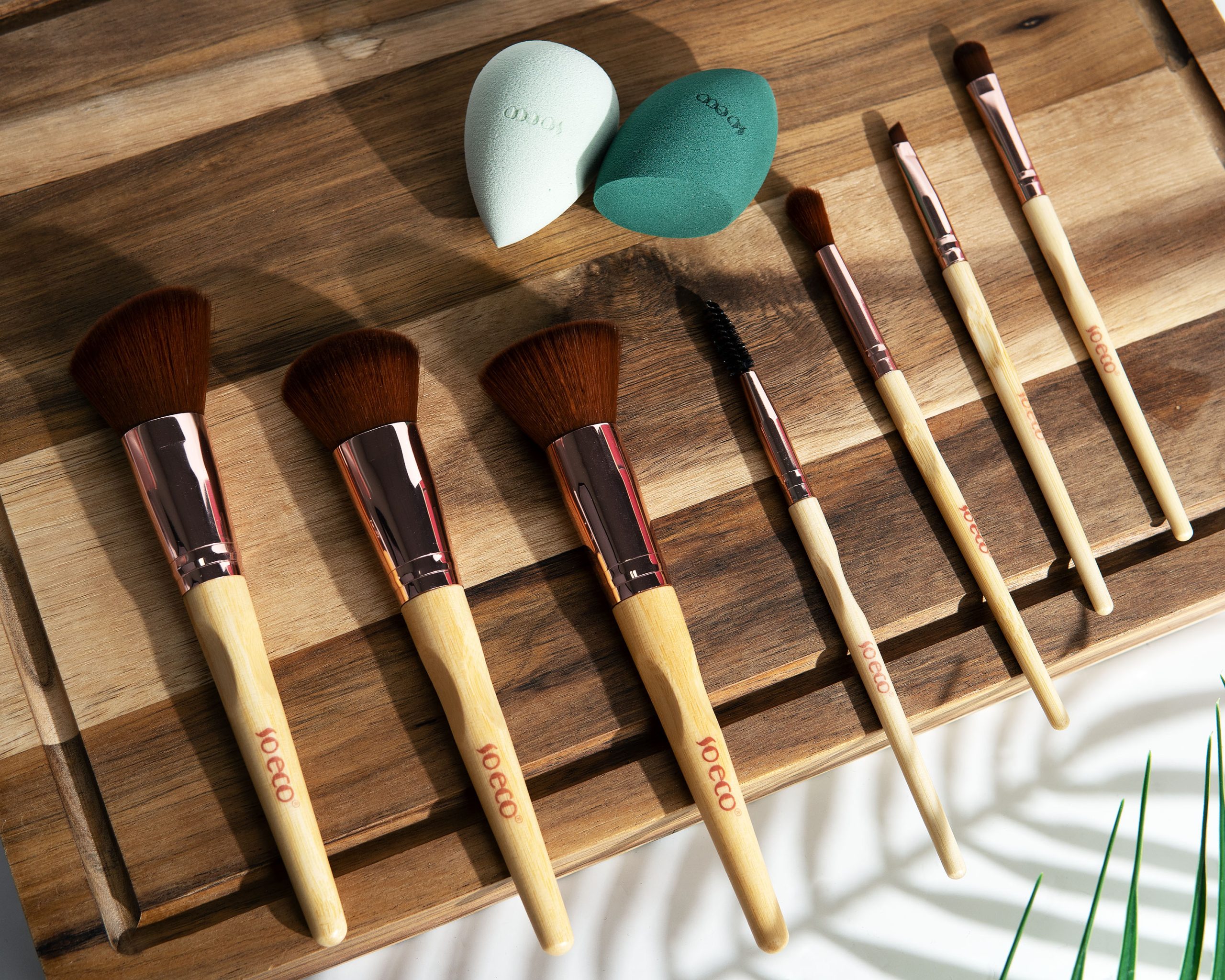
5 Tips To Help You Make The Switch
- Educate Yourself: Start by learning about sustainable and organic beauty practices. Understand the ingredients to avoid. Remember the 3; Parabens, Sulphates and Phthalates.
- Assess Your Current Collection: Dispose of any expired items responsibly. Focus on keeping products you genuinely use and love, and consider donating gently used items if that is an option so nothing goes to waste.
- Opt for Minimalism: Embrace a minimalist approach to your beauty routine. Instead of buying numerous products, invest in multi-purpose items. This not only reduces waste but also simplifies your routine.
- Choose Refillable or Package-Free Options: Look for brands that offer refillable or package-free options for their beauty products and makeup. Refillable containers help reduce single-use plastic waste, making them a more sustainable choice.
- Support Sustainable and Ethical Brands: Research and support brands that prioritise sustainability, ethical sourcing, and eco-conscious priorities. By choosing to purchase from such companies, you encourage more businesses to adopt sustainable practices.
Remember, transitioning to sustainable and organic beauty products is a gradual process. Small steps can make a significant difference in reducing your ecological footprint and contributing to a more sustainable beauty industry!
